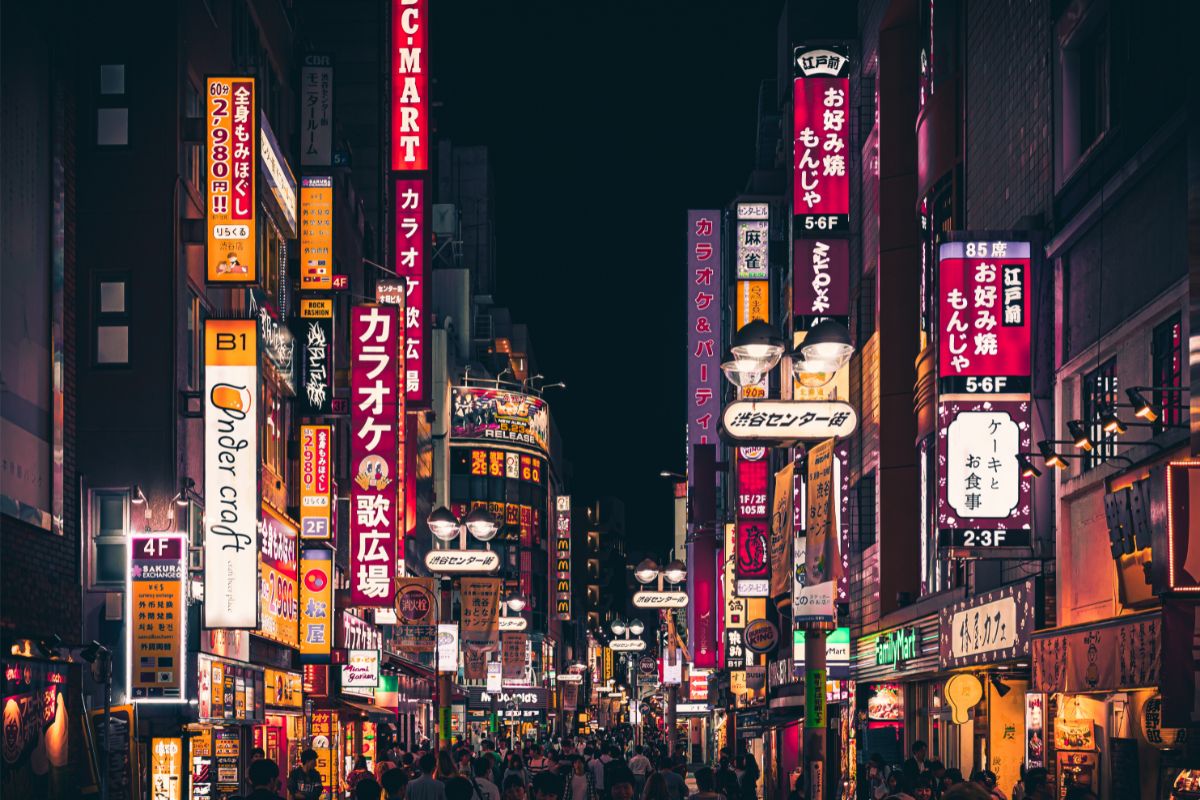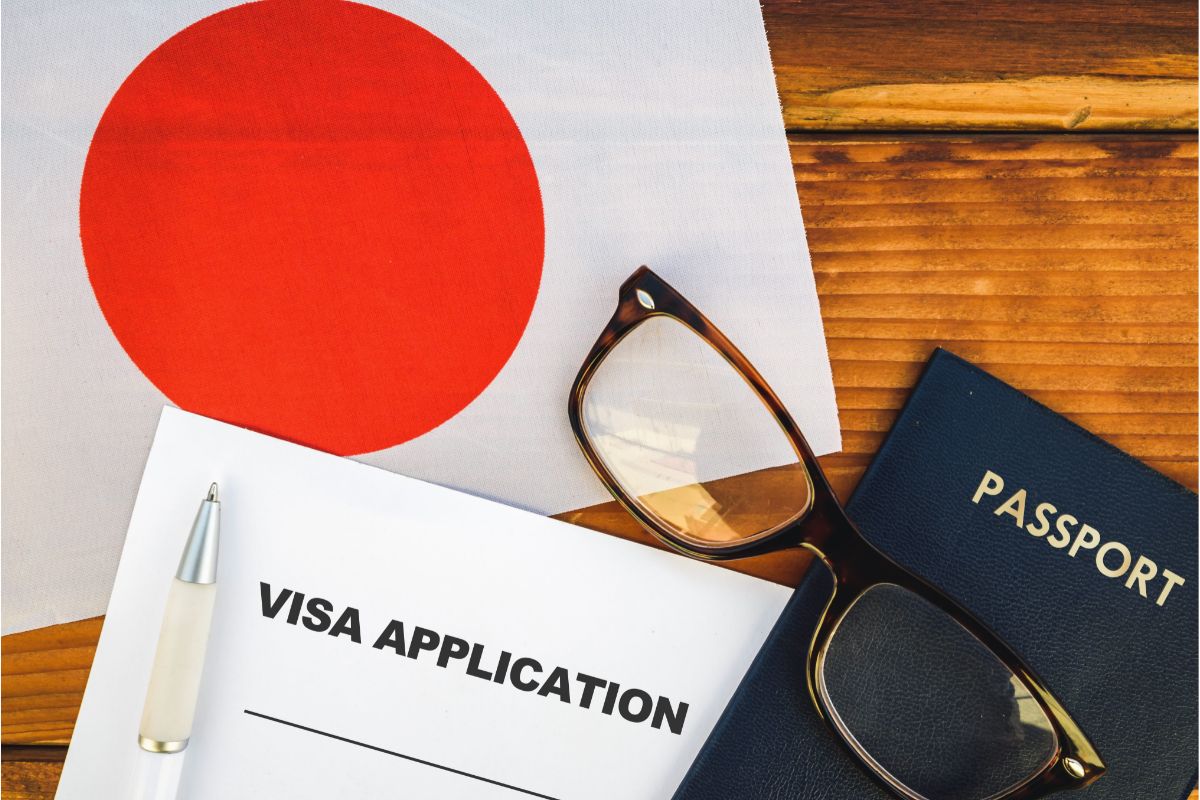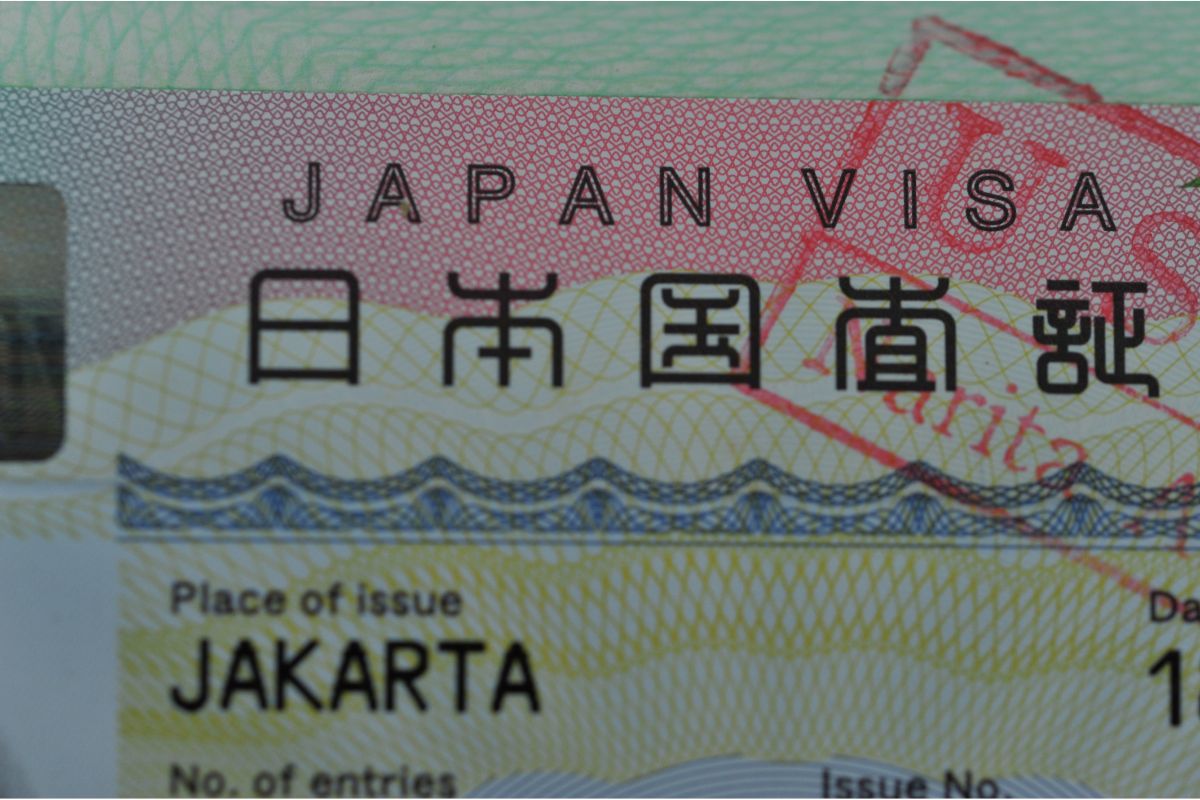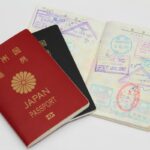Japan is a popular country to visit, and getting the right kind of visa can be a confusing process. If you don’t know anything about the available visas, the visa process, or how long it can take, it can be intimidating!
Since we have articles detailing the visa process and the time it takes, we will cover all the visas here.

It’s worth noting that EU, US, and UK citizens do not need a visa if they are visiting Japan for less than 90 days. This, however, is only the case as long as the stay is non-work.
To find out about all the visa types that Japan has, keep reading. There are 27 different visas, so there’s a lot to get through!
How Many Types Of Visas Are There In Japan?
Japan has 27 visas in total, and they are split into three categories. These categories include working visas, non-working visas, and family related visas.
Each visa has different requirements, and some are applied for via schools or even the Ministry of Foreign Affairs.
Read on to find out about the categories and distinct visas that this country offers. This list should help you determine the kind of visa you need to get, but help is available at the end of the article if needed.
Category 1 – Working Visas
A working visa will allow the holder to work while they are in the country. These visas cover work and jobs where a high level of professional knowledge is required for the job.
As such, there are no visas for jobs such as hairdressers, massage therapists, salesclerks, and similar roles.
There are 16 work visas available in Japan:
- Skilled Labor – 3-10 years of experience, depending on the role. Includes jobs like training animals; instructing sports; architecture; civil engineering; piloting aircrafts.
- Engineer/Specialist in Humanities/International Services – university degree, possibly up to 10 years of experience in the field that the individual works in (such as 10 years of engineering experience). This will be the visa that foreign teachers such as English teachers will need in order to work in Japan.
- Intra-Company Transferee – must have worked for a foreign company or been a member of a subsidiary company of a Japanese firm for at least a year.
- Business Manager – must be investing in or starting a business in Japan, must have 5 million yen to invent, and a dedicated office space for the business.
- Highly Skilled Professional – applicant’s professional background, educational level, academic achievement, and income give them points. If they get over 70, they can be granted visa status (read here for more information).
- Official/Diplomat – goes through the Ministry of Foreign Affairs and is reserved for government officials and family members.
- Professor – requires education and research at a university or an education institutional that is equivalent to a university.
- Instructor – instruction of foreign languages or education at high school, junior high schools, elementary schools etc.
- Artist – any artistic activity such as photography, painting, sculpting etc. that generates sufficient income to support living in Japan.
- Religious Activities – includes missionaries that have been sent from religious organizations overseas.
- Journalist – Any journalist, including freelancers, who have signed contracts with a foreign media organization.
- Accounting/Legal Services – specialists with legal professions such as certified public accountants or attorneys.
- Medical Services – individuals such as dentists or physicians who have Japanese qualifications.
- Researcher – research work must be conducted under contract with a private or public organization in Japan.
- Entertainer – includes any kinds of show business, sports, musical performances, or theatrical performances.
- Specified Skilled Worker – valid for less skilled workers in 14 specified fields in industry.
Category 2 – Non-Working Visas

Individuals with a non-working visa are only allowed to work below the limited number of hours every week as long as they have permission from the immigration office.
There are 7 types of work visas available in Japan:
- Students – *application time is limited and is done through schools* includes students at universities, high schools, junior high schools, elementary schools, vocational schools, and Japanese language schools. This visa allows students to work up to 28 hours a week.
- Trainee – only for candidates who will work or engage in a job that requires knowledge, skills, or technology in Japan after returning to their country.
- Technical Internship – an internship that is done after training under the trainee visa.
- Dependent – children or spouses or a person or persons staying in Japan with a work and nonwork visa (not applicable for trainees and temporary visas)
- Cultural Activities – artistic or cultural activities which provide no income.
- Temporary Visitor – applies to individuals attending reunions, sports events, conferences, business meetings, contract signing events. Also applicable for those visiting for tourism purposes, and vacations.
- Designated Activities – activities such as students on internships, housekeepers for diplomats, working holidays, recreation, sightseeing.
Category 3 – Family Related Visas
Individuals holding a family related visa are not restricted, and are therefore able to work in any industry or field they wish. These individuals can change jobs as they wish.
There are 4 family related visas available in Japan:
- Child or Spouse of Japanese Nationals – applicable for the children or spouses of Japanese nationals.
- Long Term Residents – includes those divorced from Japanese nationals, refugees individuals caring for children who have Japanese nationality, and the descendants of Japanese nationals.
- Permanent Residents (indefinite) – granted to individuals who have stayed in Japan for a set number of years and have contributed to tax payments, income, etc. Read this to find out more about this visa and the requirements.
- Child or Spouse of Permanent Residents – applies to the spouse or children of individuals who are permanent residents (see above).
Final Thoughts
Japan has 27 visas. These visas are split into three distinct categories: working, non-working, and family related visas. Every visa has distinct requirements and limitations that apply.
Not everyone is able to get some kinds of visas because of these requirements.
However, there are visas for everything, and getting a short-term visa is the ideal for most people.
This is the case for those who simply intend to visit the country and not work during their time.
However, if you are looking for something else, you will need to determine the kind of visa that suits you and your needs.
If you need help with your visa, please visit this page to find out more and begin the procedure.
- 16 Best Websites To Watch Japanese Movies With English Subtitles - May 11, 2023
- Is ZIPAIR The Best Airline For Traveling To Japan? - May 11, 2023
- Ryu Murakami Vs Haruki Murakami – Which One Should You Read? - May 11, 2023








